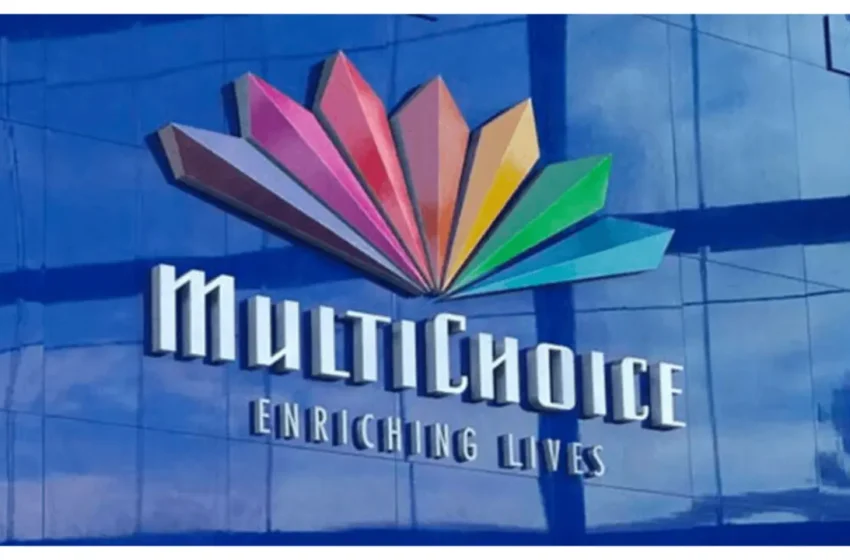MultiChoice vs Ghana: What ongoing faceoff means for DStv subscribers

MultiChoice price hikes spark fears of repeat backlash as seen in Nigeria and beyond
The ongoing standoff between the Government of Ghana and MultiChoice, the South African parent company of DStv and GOtv, represents a major test of corporate responsibility, regulatory power, and consumer protection in Africa’s pay-TV sector. But beyond the headlines and diplomatic language, this clash carries real implications—particularly for the millions of Ghanaians who rely on MultiChoice for access to entertainment, news, and sports.
While it may seem like a boardroom battle, the outcome could directly shape how much value subscribers receive, how much they pay, and the level of respect given to their economic realities.
A Turning Point in Regulatory Oversight
At the heart of the dispute is the Ghanaian government’s rejection of recent subscription fee increases by MultiChoice. The Ministry of Communications argues that such hikes were introduced without proper stakeholder engagement and in defiance of earlier government warnings.
For subscribers, this signals a more assertive regulatory posture—one that could serve as a protective barrier against arbitrary price increases. The government’s comparison to Nigeria’s regulatory stance adds momentum to a broader African movement demanding fairer pricing models and local accountability from multinational service providers.
READ ALSO
MultiChoice rejects 30% DStv fee reduction proposal… what this means for subscribers
How Subscribers Will Benefit
a. Potential Price Reversals or Freezes
If the Ghanaian government succeeds in its push, subscribers may see prices return to earlier levels or, at the very least, future increases will be subjected to proper regulatory scrutiny. This would help ensure that subscription fees are not only transparent but also tied to inflation trends and local purchasing power.
b. Improved Engagement and Service Customization
MultiChoice may be forced to become more customer-centric—offering flexible, localized packages that meet the economic needs of Ghanaians. This could include pay-as-you-watch models, tiered pricing for smaller packages, or free content promotions during economic downturns.
c. Boost to Consumer Confidence
When governments actively step in to defend consumer interests, it builds confidence in the marketplace. Subscribers are more likely to remain loyal to services they perceive as fair and responsive—encouraging greater viewership and long-term satisfaction.
MultiChoice’s Business Model Under Pressure
For MultiChoice, the clash threatens both its operational stability and brand perception in Ghana. The company’s proposed compromise—to maintain higher prices while restricting fund repatriation—was outrightly rejected, indicating that the Ghanaian government is seeking not just negotiation, but tangible outcomes for consumers.
The business risk here is multilayered. MultiChoice could face:
-
Short-term revenue losses if compelled to roll back prices
-
A growing distrust among regulators and subscribers
-
Escalating public criticism if the dispute continues unresolved
-
The threat of local competitors capitalizing on its regulatory standoff
The Reputational Fallout—and Opportunity
Reputation is currency in the media industry. The perception that MultiChoice is disconnected from the economic hardships of ordinary Ghanaians could be damaging. But this also presents an opportunity for the company to rebrand itself as a more socially conscious and consumer-first entity.
Offering better communication, co-creating new content packages with consumer input, and aligning more closely with government objectives could help rebuild goodwill.
Broader Implications for the Industry
This face-off could trigger a domino effect across Africa. As governments and civil society actors take note of Ghana’s assertiveness, we may see a regional rethinking of how digital media giants are allowed to operate in local markets.
For subscribers, this could mean:
-
Stronger consumer rights protections across borders
-
More responsive pricing structures
-
A wave of innovation, as companies scramble to maintain relevance and loyalty
Conclusion: A Win for Subscribers if Balanced Well
While the impasse poses challenges for MultiChoice, it represents a growing shift towards consumer empowerment in Africa’s digital media space. If handled responsibly, this clash could usher in a new era of affordable, transparent, and consumer-friendly broadcasting.
In the end, subscribers stand to benefit from:
-
Fairer subscription pricing
-
Improved service responsiveness
-
A media environment where customer needs are prioritized alongside profits
The outcome of this dispute will not only shape MultiChoice’s future in Ghana but may redefine what African consumers expect—and demand—from pay-TV providers continent-wide.

